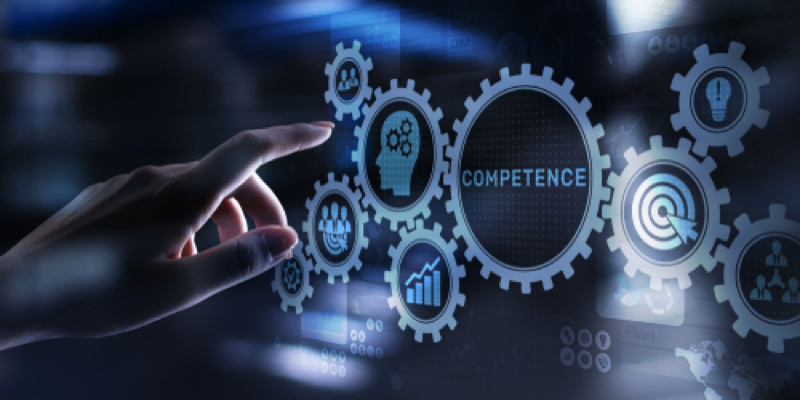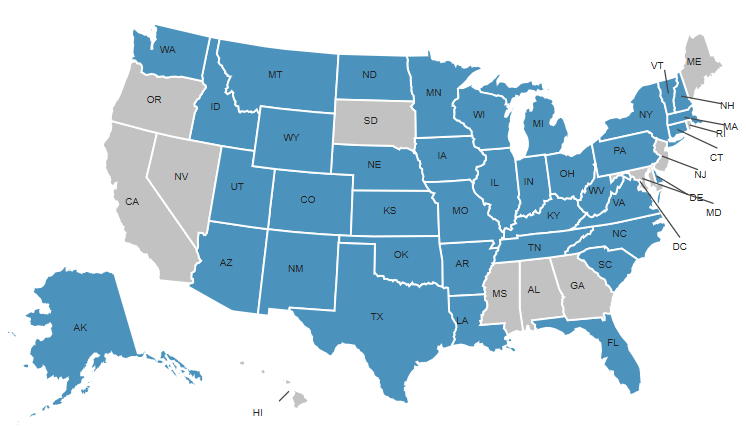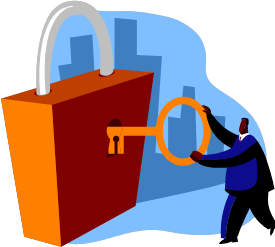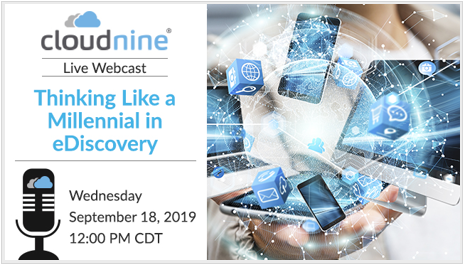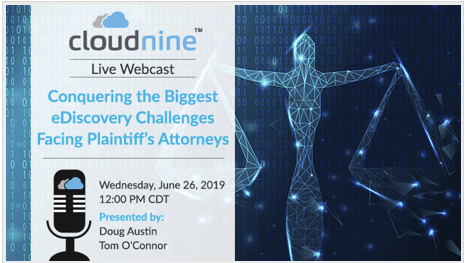Increasing Your Technological Competence, Part 2
Collaboration apps, forensic tools, and discovery software are just a few technologies that an attorney must juggle regularly. As old technologies update and new ones emerge, will you adapt or fall behind? At first, keeping up with these changes may seem impossible, but there are multiple steps you can take. Brush up on your knowledge by reading case law, eDiscovery blogs, and regulations on data collection. Learn more about the retention policies for popular social media and messaging platforms. Discuss industry news and trends at conferences or with colleagues. [1] The list goes on. In 2015, the California Bar committee weighed in on the topic, providing a list of 9 skills needed for technological competence. In part 1 of this mini-series, we discussed the first five skills listed by the committee. As the last segment on increasing technological competence, this blog will identify the final four skills.
Explanations of the Final Four Skills
- Engage in a competent and meaningful Meet and Confer with opposing counsel concerning an eDiscovery plan.
Industry knowledge and open-mindedness are the key to any successful Meet and Confer. If both sides lack these aspects, compromise will be difficult to achieve. For the knowledge aspect, lawyers must be well-versed in technical skills and ESI investigative practices. Technical skills are useful for resolving processing and production issues. Familiarity with the best practices for eDiscovery will also save you time, money, and headaches.
- Perform data searches.
Before conducting a data search, litigants must decide their search method: keyword searching and/or predictive coding (TAR). As the traditional approach for document review, keyword searches are often seen as the safer choice. Though filters and queries can be used to refine the searches, studies have shown that TAR is more effective and cost-efficient. In fact, litigants who opt for TAR over keyword searches save 50 to 70 percent in review costs. [2] Though both approaches can be used at once, the order of usage is important. In FCA US, LLC v. Cummins, Inc., No. 16-12883 (E.D. Mich. Mar. 28, 2017), Judge Cohn only permitted keyword searches after the TAR process was finalized. [3]
- Collect responsive ESI in a manner that preserves the integrity of the ESI.
While selecting the form of production, you must consider how the data and metadata will be presented. Typically, native files are preferred over static TIFF or PDF images because they preserve the document’s metadata. Though the requesting party may call for a specific form of production, the court can deny requests and issue sanctions for noncompliance. The integrity of the ESI is also impacted by the means of data collection. To ensure that the correct metadata fields (creation date, modification date, etc.) are shown, collect the evidence through appropriate forensic and eDiscovery software.
- Produce responsive, non-privileged ESI in a recognized and appropriate manner.
Through respectful communication and cooperation, parties must negotiate an ESI protocol that details production and review specifications. These specifications must include the required media types, format of production, and preferred review software. After agreeing on the most efficient methods and tools, disclose the negotiated discovery plan to the court. [2]
[1] Matthew Knouff, “How to Gain & Maintain Technology Competence — Element 1: Education — Part 1 of 3,” ESI Survival Guide, March 30, 2021.
[2] Hon. Joy Flowers Conti and Richard N. Lettieri, “E-Discovery Ethics: Emerging Standards of Technological Competence,” The Federal Lawyer, 2015.
[3] Doug Austin, “Court Determines TAR Without Keyword Search Culling First is Preferable: eDiscovery Case Law,” CloudNine. https://cloudnine.com/ediscoverydaily/electronic-discovery/court-determines-tar-without-keyword-search-culling-first-preferable-ediscovery-case-law/?pg=ediscoverydaily/ethics/increasing-your-technological-competence-part-2/

